External view of one of the buildings of the state company Petróleos de Venezuela, in Caracas, Venezuela.Miguel Gutiérrez (EFE)
The recent visit of US officials to Caracas has generated important debates about what this event means in the framework of the international response to the crisis in Venezuela.
International actors interested in Venezuela, including the governments of the United States, Europe and Latin America, can take advantage of this opportunity to break with a failed “maximum pressure” strategy and promote a negotiated democratic transition.
On March 5, at least three US diplomats traveled to Caracas to meet with the de facto government of Venezuela, led by Nicolás Maduro.
They also met with members of the Venezuelan opposition, including the head of the opposition delegation to the negotiations that began last year in Mexico City, Gerardo Blyde.
What was discussed in those talks is not entirely clear, but in the following days, some important achievements were announced.
The first and most public is that the Venezuelan government released two US citizens who had been detained for years: Gustavo Cárdenas and Jorge Fernández.
Second, the Maduro government has also announced that it is willing to return to negotiations.
For the first time since he left the negotiating table in October 2021, Maduro seems to no longer insist on the release of the alleged Colombian money launderer, Alex Saab, as a condition for renewing the dialogue.
These first agreements are not minor, and the visit to Venezuela itself demonstrates a notable change in the White House's strategy.
However, early accounts claiming that this was simply an attempt to gain immediate access to Venezuelan oil were incomplete.
Although the Administration of President Joe Biden has made it clear that the possible modification of some sanctions was discussed with Maduro, it has also insisted that there will be no significant changes in its sanctions policy unless there are important advances in the context of negotiations with the opposition.
The Biden Administration affirms that, in its meeting with Maduro,
This should not be interpreted as the United States abandoning its efforts to promote negotiations that could reverse the democratic deterioration of Venezuela.
The Biden administration is trying to channel pressure on Maduro into deals that can incentivize reforms.
After years of a strategy under the administration of President Donald Trump that tried and failed to use financial and oil sanctions, as well as threats of a so-called “military option”, to promote the collapse of the Maduro government, the White House is now pursuing more realistic ones that can facilitate a gradual democratic opening.
This diplomatic contact will undoubtedly have repercussions within the Venezuelan opposition.
According to some sources, the interim government of Juan Guaidó did not know about the trip until the last minute.
However, the fact that US diplomats have met with the main opposition negotiator, Gerardo Blyde, suggests that they remain interested in supporting their demands at a negotiating table.
It is understandable that some in the interim government feel threatened by the communication between Washington and Caracas.
For a group of political actors that identifies as the legitimate government of Venezuela, this visit represents a tacit recognition that they do not have control of the territory.
But this reality is not new for the millions of Venezuelans who today live and suffer within a country that does not have a coordinated opposition to its authoritarian reality.
Therefore, instead of seeing the possible reactivation of the negotiations as a threat, the opposition should see this as an opportunity to regain relevance with a population that has lost faith in its political class.
This reorientation is bold and risky.
For it to be successful, it also requires multilateral coordination with other governments in Europe and Latin America.
In relevant international spaces such as the United Nations, or the International Contact Group on Venezuela, these governments must be clear about two objectives: to reactivate the talks that have begun and the application of what has already been agreed between Maduro and the opposition in Mexico City in 2021, and that these negotiations produce substantial reforms that can lead to respect for the human rights of the Venezuelan population, including their democratic rights.
However, about the nature of future negotiations, there is still uncertainty.
Although the United States government and the Venezuelan opposition have tried to resume talks within the framework of the Memorandum of Understanding signed in August 2021 in Mexico City, Maduro has so far avoided giving details about the terms on which he is willing to return to the dialog table.
In a speech on March 7, the president announced that he would return to a "national dialogue process," but also spoke about a "reformatting," saying: "We are moving toward a more inclusive, broader process that reaches out to all Venezuelans who want to move our country forward.”
This seems to be an attempt to try to incorporate other opposition actors perceived as less vociferous against the Maduro government.
In supporting future negotiations, countries concerned about democracy in Venezuela must send a consistent and coordinated message.
Any “reformatting” of these negotiations must seek to give civil society and victims a greater voice, and not serve as an excuse to allow the government to avoid fundamental questions of justice and human rights.
Any future negotiations must take into account the judicial reform recommendations of the UN Fact-Finding Mission on Venezuela, as well as its recommendations that the Government carry out investigations and trials against officials responsible for crimes against humanity.
Another set of important recommendations was made by the recent European Union Electoral Observation Mission.
To date, the Maduro government has shown no interest in implementing these reforms, nor in investigating the chain of command of the security forces involved in paradigmatic cases.
In other words, the international community should not support the dialogue just for talking.
The fundamental objective should not be to normalize relations with an authoritarian government, but rather to create dynamic opportunities for the restoration of democracy.
This is an opportunity, but only if it is accompanied by clear multilateral coordination that prioritizes democratic rights.
Geoff Ramsey
is director for Venezuela at the Washington Office on Latin America (WOLA).
David Smilde
is a Senior Advisor for WOLA with a focus on Venezuela.
Exclusive content for subscribers
read without limits
subscribe
I'm already a subscriber


/cloudfront-eu-central-1.images.arcpublishing.com/prisa/T33OEYIVAGSVWHAKW3OVHM6QO4.jpg)
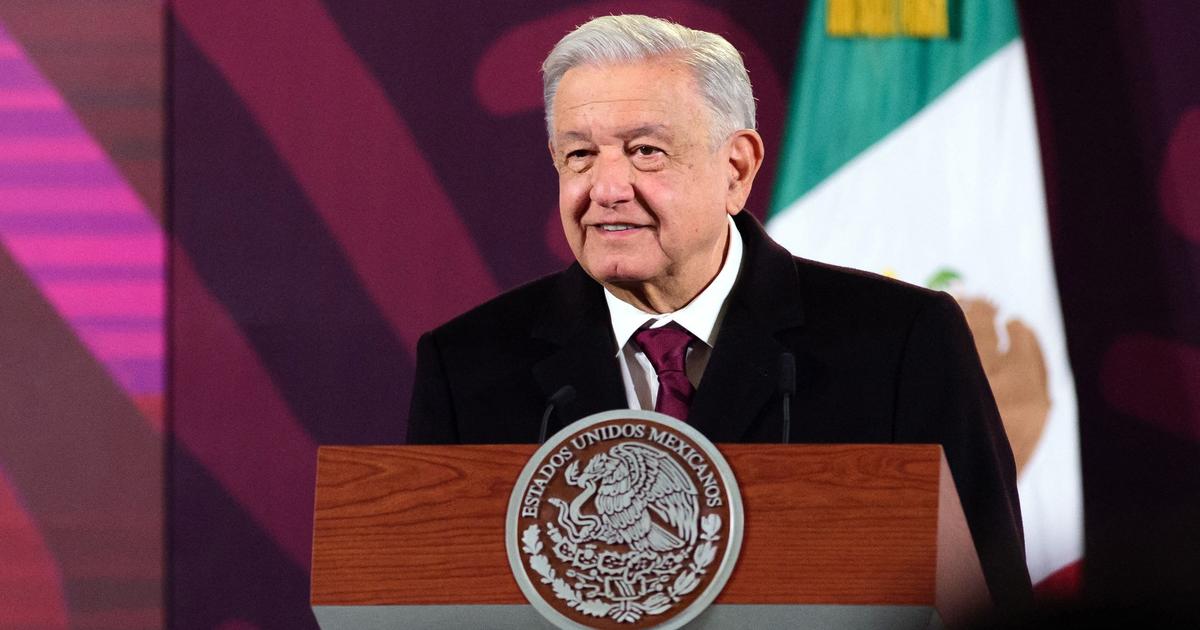
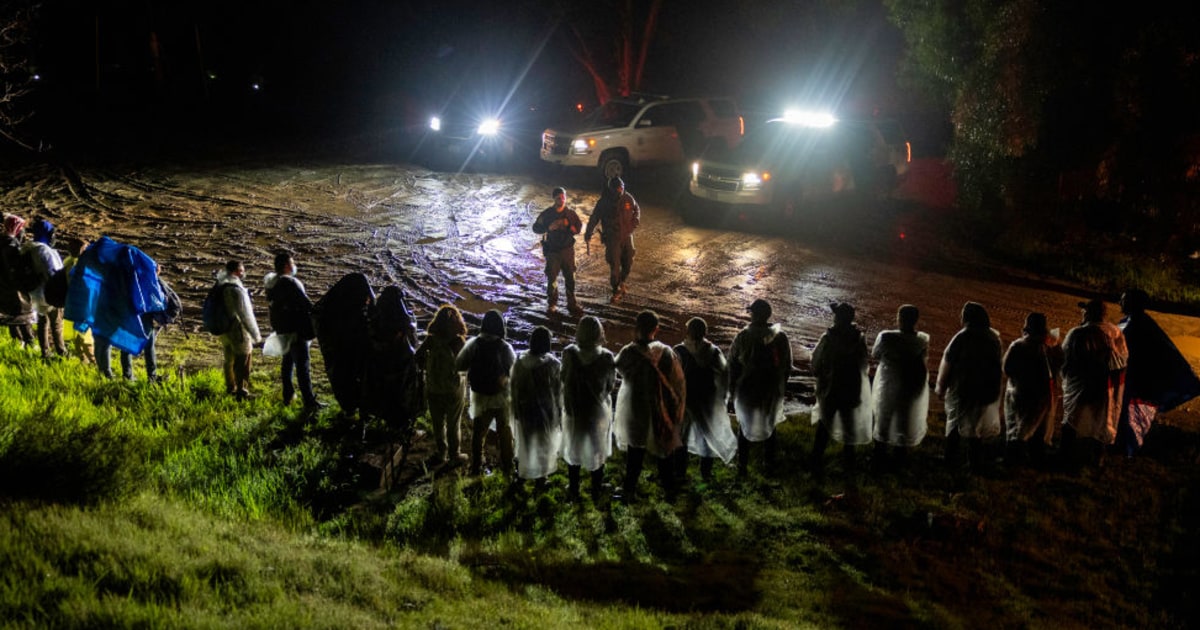
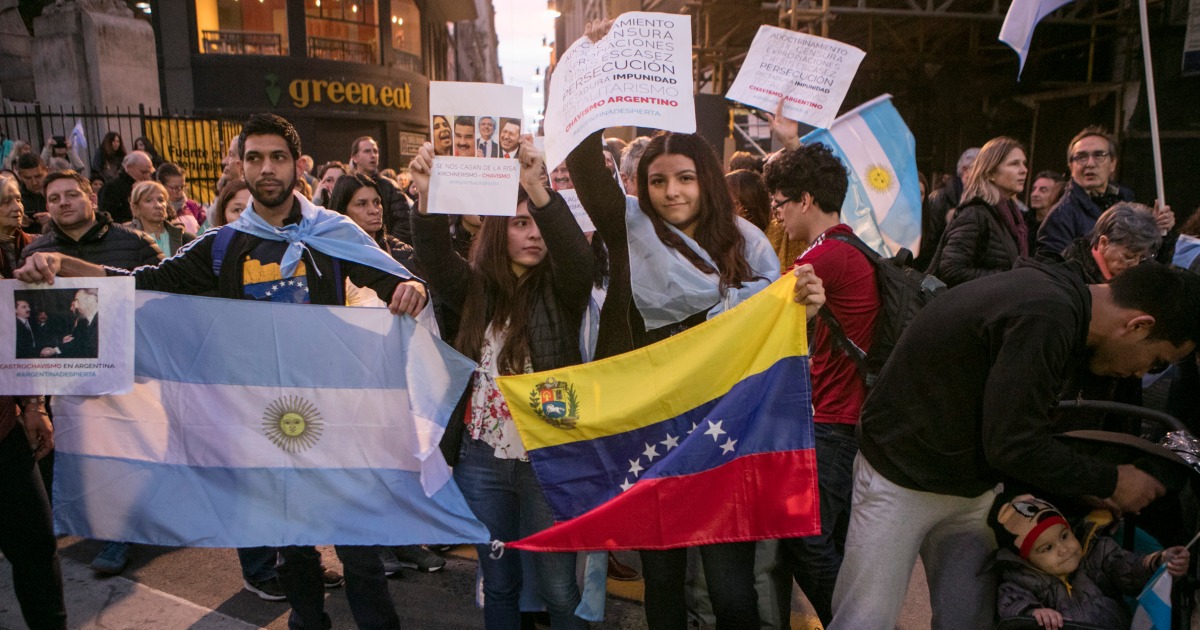
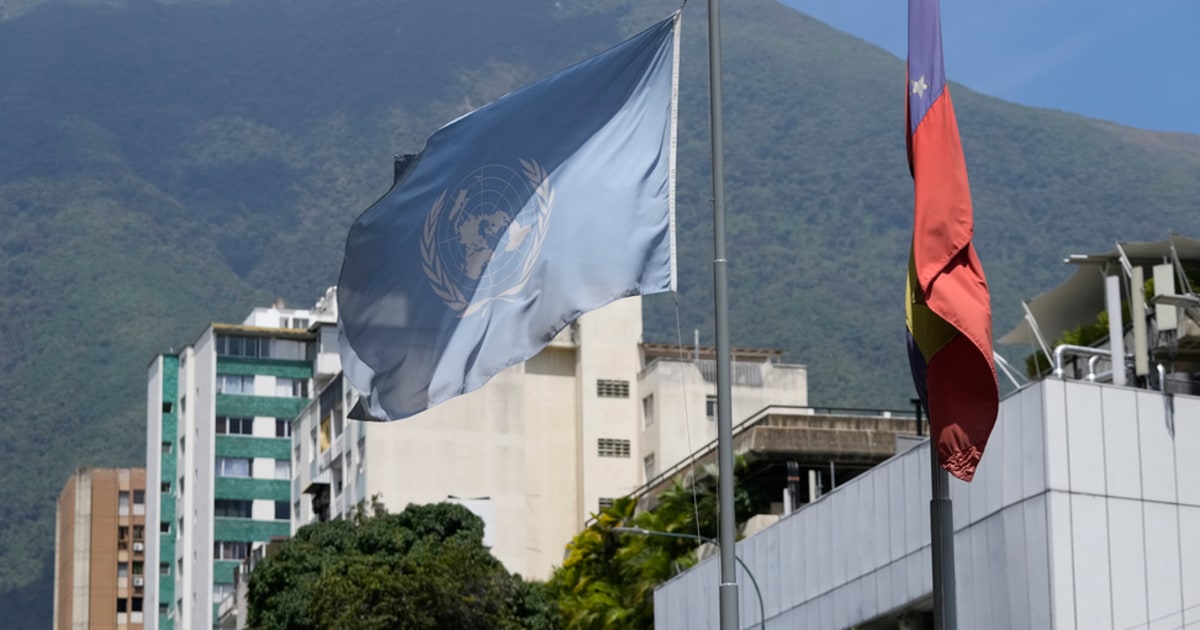

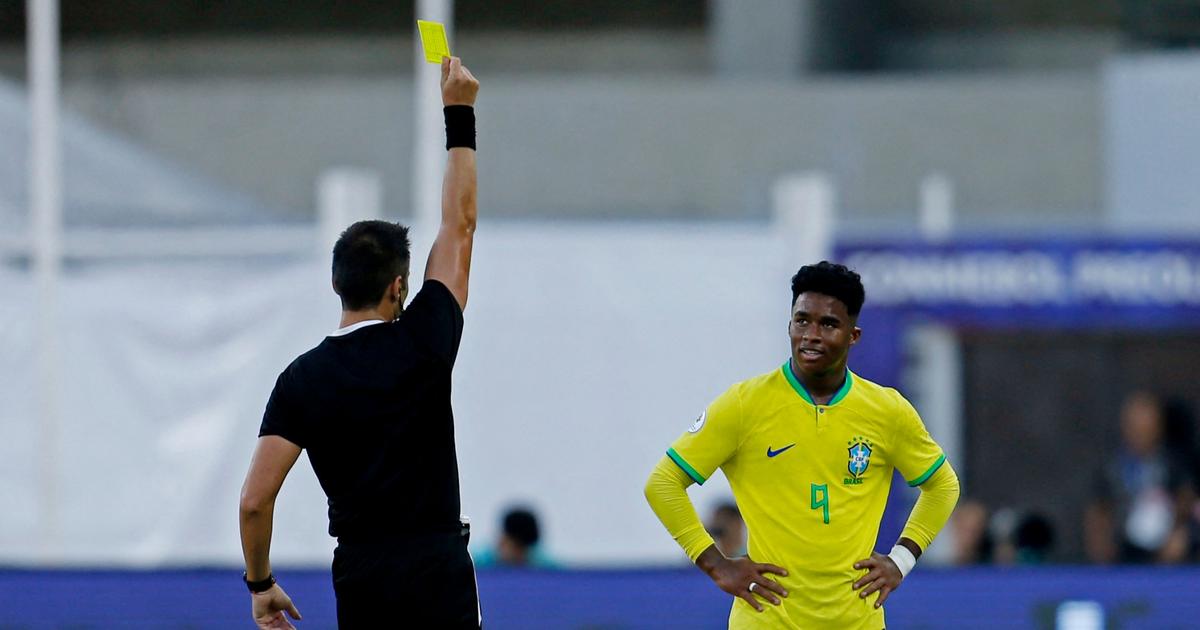
/cloudfront-eu-central-1.images.arcpublishing.com/prisa/LAO4YH4MT6P5ML3EI33T7KEJIE.jpg)